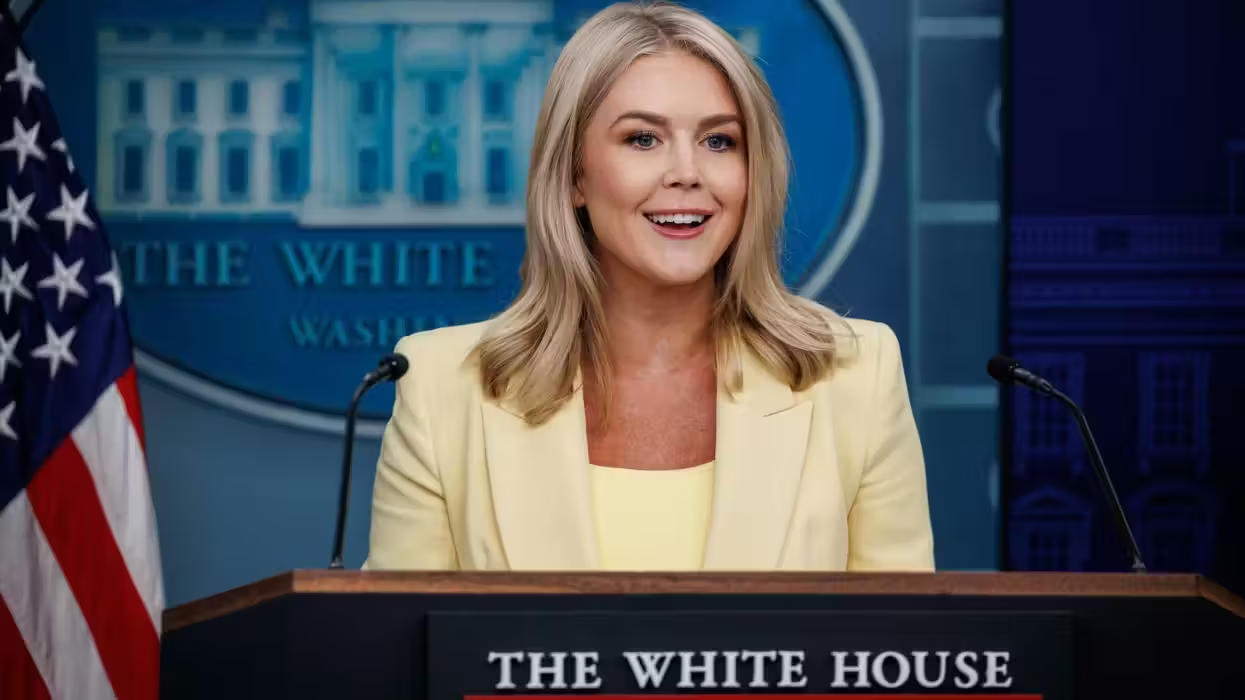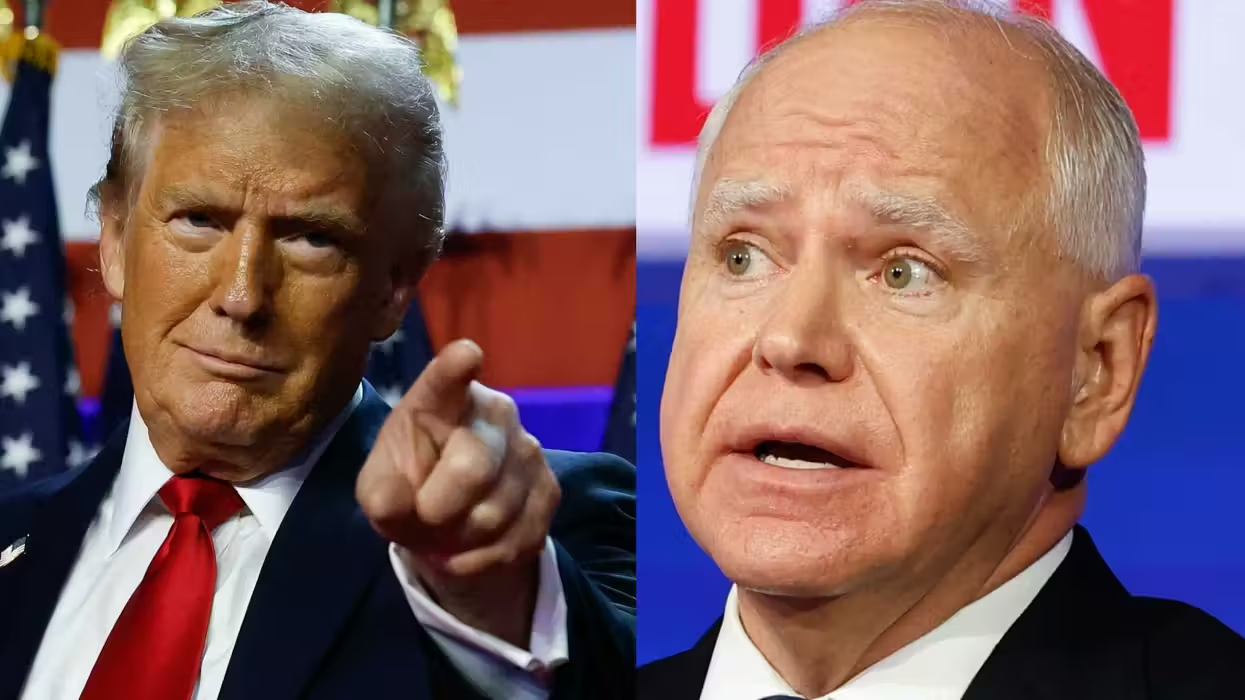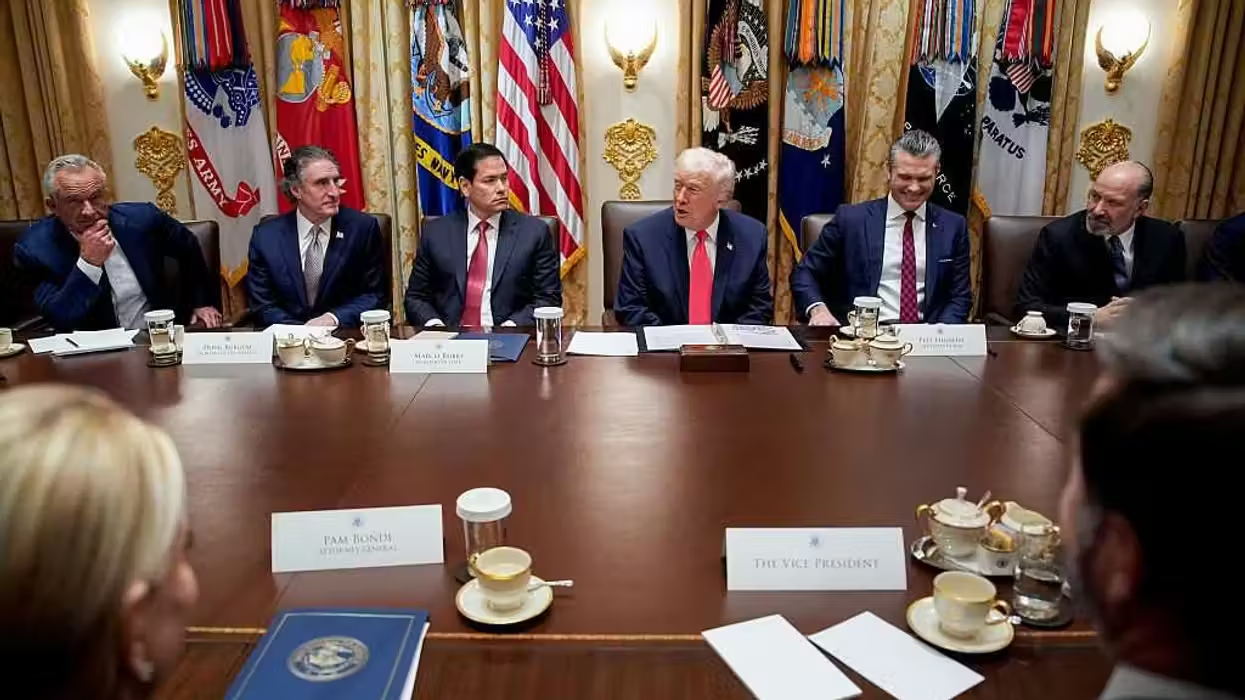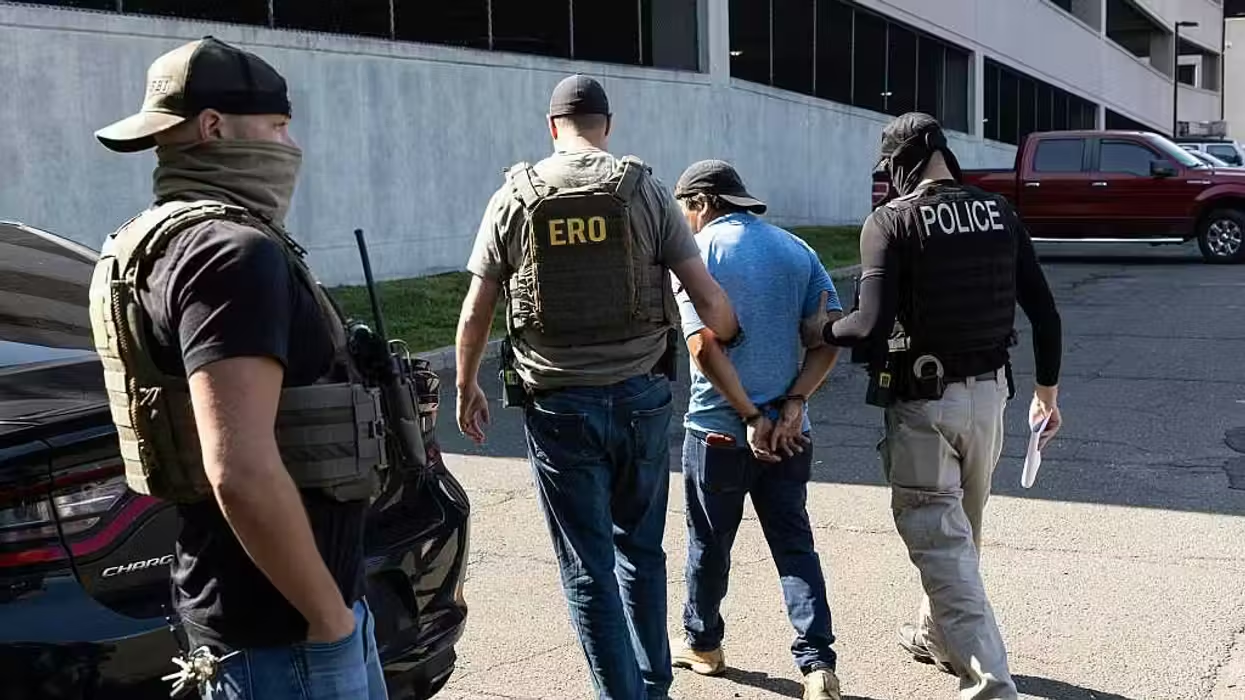State Department Spokeswoman Jen Psaki on Monday refused to admit that U.S. diplomatic personnel have evacuated from Baghdad due to the threat posed by Islamic State in Iraq and Syria.
Instead of an evacuation, Psaki peddled the movement of personnel away from Baghdad over the weekend as a chance to evaluate the security situation at the U.S. embassy.
 The State Department, led by Secretary John Kerry, has ordered the evacuation of personnel from Baghdad, but that's not what State is calling it. (AP Photo/Lauren Victoria Burke)
The State Department, led by Secretary John Kerry, has ordered the evacuation of personnel from Baghdad, but that's not what State is calling it. (AP Photo/Lauren Victoria Burke)
"It is a situation… where we evaluate the security on the ground at our posts and embassies around the world," she said. "We made a decision that the right step here was to relocate some of our staff to other parts of Iraq and to a supporting neighboring country, so that's the step we took and that's why we took it."
Most media reported over the weekend that many diplomatic staffers had been evacuated as ISIS approaches Baghdad. On Sunday, State said some staff had been "temporarily relocated," and said some staff would remain to keep the embassy at a basic level of functionality.
But State also admitted that more security personnel were added to the compounding Baghdad, and advised Americans to use caution if traveling to several cities in Iraq. On Monday, Psaki said the security personnel being added to the embassy are from the Pentagon, not State.
On Monday morning, Secretary of State John Kerry floated the idea that the U.S. might be able to cooperate with Iran to help manage the threat posed by ISIS. In the afternoon, Psaki said State is not considering military coordination between the U.S. and Iran, but said the U.S. was trying to encourage Iran to help.
"The purpose here would be… consult on the situation on the ground to encourage Iran to play a role if possible in encouraging the Iraqis to act in a responsible non-sectarian way," she said.
But that idea immediately raised criticism, including from Sen. John McCain (R-Ariz.), who said there's no room for any coordination.
"This is the same Iranian regime that has trained and armed the most dangerous Shia militant groups, that has consistently urged Prime Minister Maliki to pursue a narrow sectarian agenda at the expense of national reconciliation, that supplies the rockets that have been fired at the U.S. Embassy in Baghdad, that has sponsored acts of terrorism throughout the Middle East and the world, and that continues to use Iraq's territory and airspace to send weapons and fighters to prop up Bashar al-Assad in Syria," he said.
McCain added that U.S. and Iranian interests "do not align in Iraq," and said Iran's involvement would only make things worse.
Another potential problem is whether Iran would seek new flexibilities on its nuclear program in exchange for helping the U.S. in Iraq. Psaki said State is hoping to keep the discussion of nuclear weapons and Iraq separate, but she had no ready answer on how State would handle it if Iran sought new flexibilities on its nuclear program.
"I don't think that is a point on the table for us," she said.

 The State Department, led by Secretary John Kerry, has ordered the evacuation of personnel from Baghdad, but that's not what State is calling it. (AP Photo/Lauren Victoria Burke)
The State Department, led by Secretary John Kerry, has ordered the evacuation of personnel from Baghdad, but that's not what State is calling it. (AP Photo/Lauren Victoria Burke)






